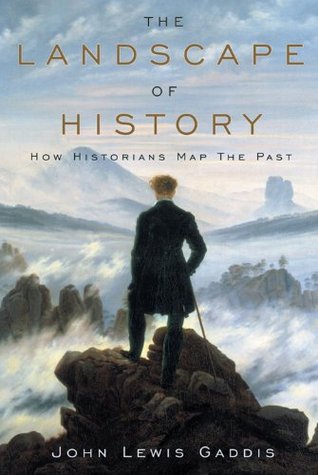More on this book
Kindle Notes & Highlights
Read between
July 29 - July 31, 2021
the principle of diminishing relevance—that gives us license to emphasize some of these over others.
What we’re looking for, then, as we trace processes that led to particular structures, is the point at which these processes took a distinctive, or abnormal, or unforeseen course. We’re searching for phase transitions, for punctuations in some existing equilibrium, for an exceptional event that reflected general conditions but that could not have been predicted from them.
the role of counterfactuals. Bloch argued that we should seek “the antecedent which could have been most easily avoided.”
Nor is it appropriate to change a single variable if the action involved could not have taken place at the time. It’s useless to speculate, for instance, on what difference an atomic bomb or a reconnaissance satellite might have made in 1941, because these technologies were as yet undeveloped.
it’s not history because it fails the test of plausibility. These weren’t options that would have seemed feasible to decision-makers at the time.
There’s always the possibility that new evidence from the past will cause historians to reassess the origins of even the most familiar and agreed-upon historical events.
the shifting perspectives of the present can cause us to ask new questions about it that will make it look quite different, as Leo Tolstoy complained toward the end of War and Peace: “every year, with each new writer, opinion as to what constitutes the welfare of humanity changes; so that what once seemed good, ten years later seems bad, and vice versa. .
The narrative is the form of representation that most historians use.39 What narratives do, I’ve already suggested, is to simulate what transpired in the past.
History happens to historians, as well as to everyone else. The idea that the historian can or should stand aloof from moral judgments unrealistically denies that fact. It implies a detachment of observation from evaluation
The historian’s method of making the past accessible isn’t all that different, then, from the means by which the individual makes the past bearable: there’s much that we suppress, whether consciously or unconsciously, just as there’s much else that we choose, quite deliberately, to emphasize. Winston Churchill, who so effectively combined the making and writing of history, understood this point well: “History will treat me kindly,” he once quipped, “because I propose to write it.”
To reconstruct the real past is to construct an accessible but deformed past: it is to oppress the past, to constrain its spontaneity, to deny its liberty.
Good historians take the past on its own terms first, and only then impose their own. They guard against what Stephen Jay Gould has called the greatest of all historical errors: “arrogantly judging our forebears in the light of modern knowledge perforce unavailable to them.”
There are always choices, however unpromising these may have seemed at the time. Our responsibility as historians is as much to show that there were paths not taken as it is to explain the ones that were, and that too I think is an act of liberation.
teaching, which is inherently a forward-facing activity. I’d define it as the simultaneous oppression and liberation of the young by the old, but also of the old by the young.
It can be frustrating to read the prose of students who consistently—at times, it even seems, conspiratorially—relish the passive voice, the split infinitive, the vacuum cleaner paragraph. It can be dreary to wait for them not to appear during office hours, or to write their urgently required letters of recommendation, or to respond to their e-mails in the middle of the night.
They free us, first, from at least some of the ravages of aging: the privilege of professing to the perpetually young is not a bad way to try to stay that way yourself. They also release us, if they’re good students and we’re good teachers, from our own pomposity: to teach without being talked back to is, I think, not to teach at all. They certainly inform and eventually instruct us: the most gratifying single moment in teaching comes, for me at least, with the realization that my student now knows more about a particular subject than I do. And of course, in the end, our students liberate us
...more


